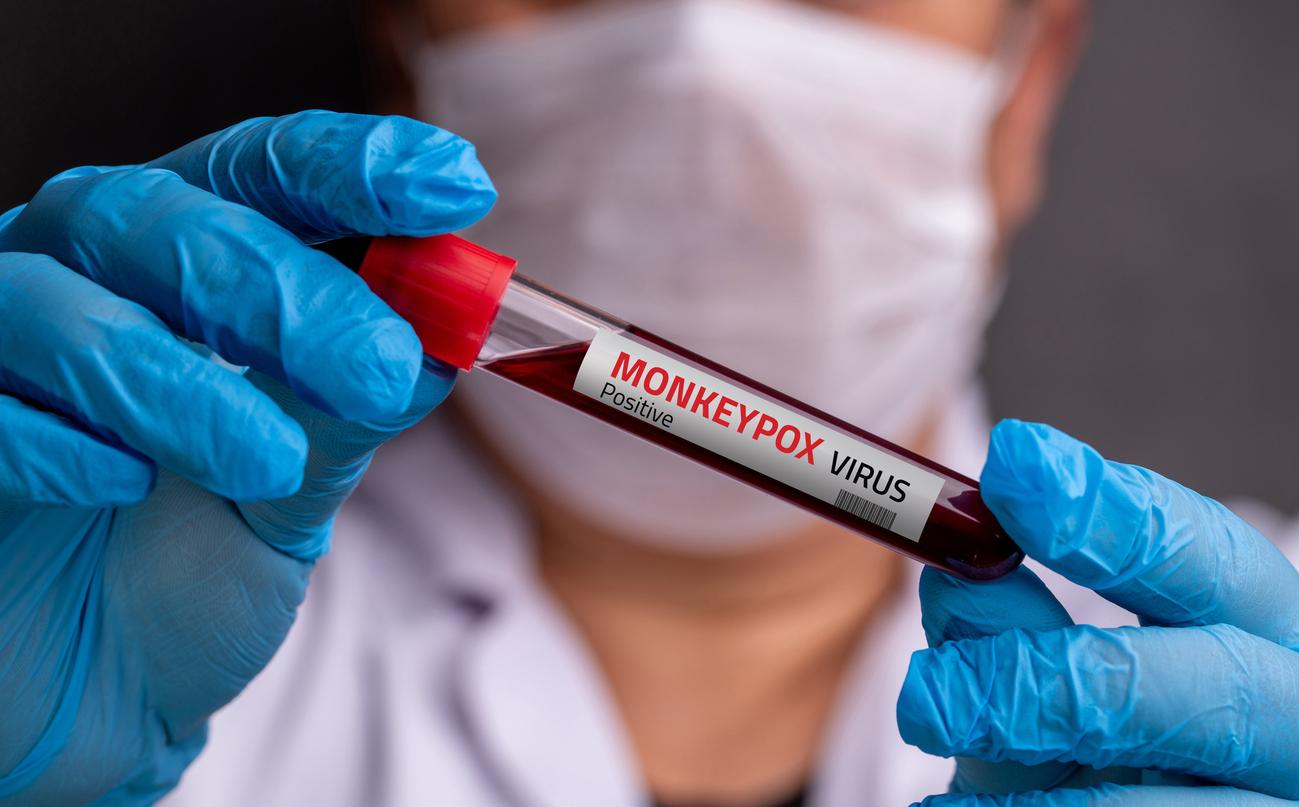In the United States, in Florida, Ariana Dae Delfs, 17, died in mid-December after contracting mononucleosis. She died of encephalitis, an extremely rare complication of this disease.
-1576500017.jpg)
Drama in Florida (USA). Ariana Dae Delfs, 17, died after contracting mononucleosis three weeks ago, several US media reported on December 13. She had developed encephalitis, an extremely rare complication of this contagious disease.
To the press, her father Mark tells that the young girl began to suffer from typical cold symptoms and to have “always a headache”. The parents then take him to the doctor, who makes him undergo numerous tests, without being able to understand the origins of his illness. Then, “one evening, not so long ago, she started vomiting constantly,” says the grieving father.
“In the morning, she got up to go to the bathroom. All of a sudden, she only felt part of her legs, and she felt like her legs were just giving out,” he continues. Ariana is then immediately airlifted to the hospital. “His words were sometimes very slanderous, they made no sense,” recalls his father.
Three days after arriving in the emergency room, Ariana dies
Once in the hospital, the doctors who thought at first that the young girl was having a stroke, realize that she is in fact suffering from encephalitis, an inflammation of the brain, due to mononucleosis or Epstein-Barr virus. Three days after her arrival in the emergency room, the unfortunate woman died. “His brain swelled up so much he couldn’t function. And we decided it was time to let her go,” says Mark Delfs.
Today, her family has set up a fund in tribute to the young girl on the site GoFundMe. “This fund will be used to finance some of his passions, including music and artistic programs for children, helping animals and creating a better world”, note his relatives, also inviting to become an organ donor, like Ariana.
This kind of drama is extremely rare. “It happens in about 1% of cases where you have a complication of the Epstein-Barr virus. But most of the time, even when people have that, they get over it,” Amesh A. Adalja, infectious disease specialist at the Johns Hopkins Center for Health Security (Baltimore, USA) told the site. Prevention.com.
Monitor facial paralysis
Mononucleosis or kissing disease is caused by infection with the Epstein-Barr virus. Extremely widespread, it is most often transmitted through saliva and other body fluids such as blood and semen during sexual intercourse. However, HIV, rubella, hepatitis and adenovirus, can also cause this affliction. But in the majority of cases, this virus does not cause infection and is harmless. It colonizes the patient without him even realizing it. The proof is, at five years, 50% of people are carriers against 90% at 40 years.
On the other hand, when the disease appears, the symptoms are most often a loss of appetite, great fatigue, headaches, fever, lymph nodes in the neck and armpits and skin rashes.
In general, people who contract mononucleosis recover in two or four weeks. In some cases, however, the symptoms may last for six months or more. There is no cure for the disease but those affected are encouraged to drink plenty to stay hydrated, get plenty of rest and take painkillers to relieve fever.
If there is a complication, as in Ariana’s case, it will manifest itself in facial paralysis or balance problems. If you have mononucleosis and suffer from any of these symptoms, go to the hospital immediately. “In our case, it wasn’t enough, but in someone else’s case, it could save their life,” concludes the victim’s father.

.















